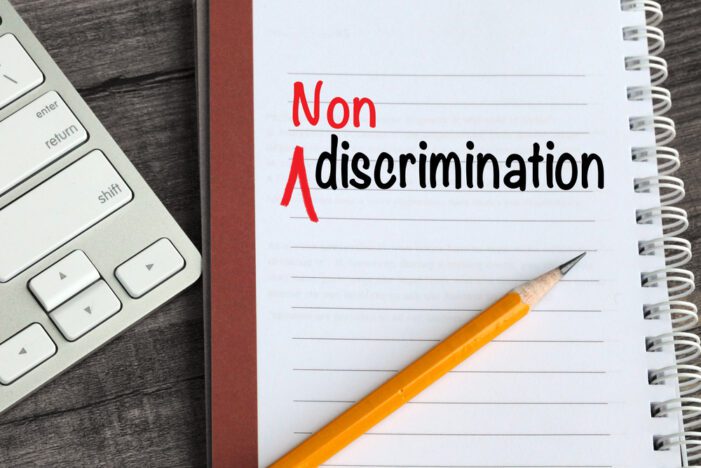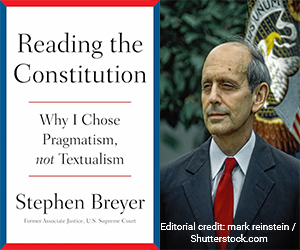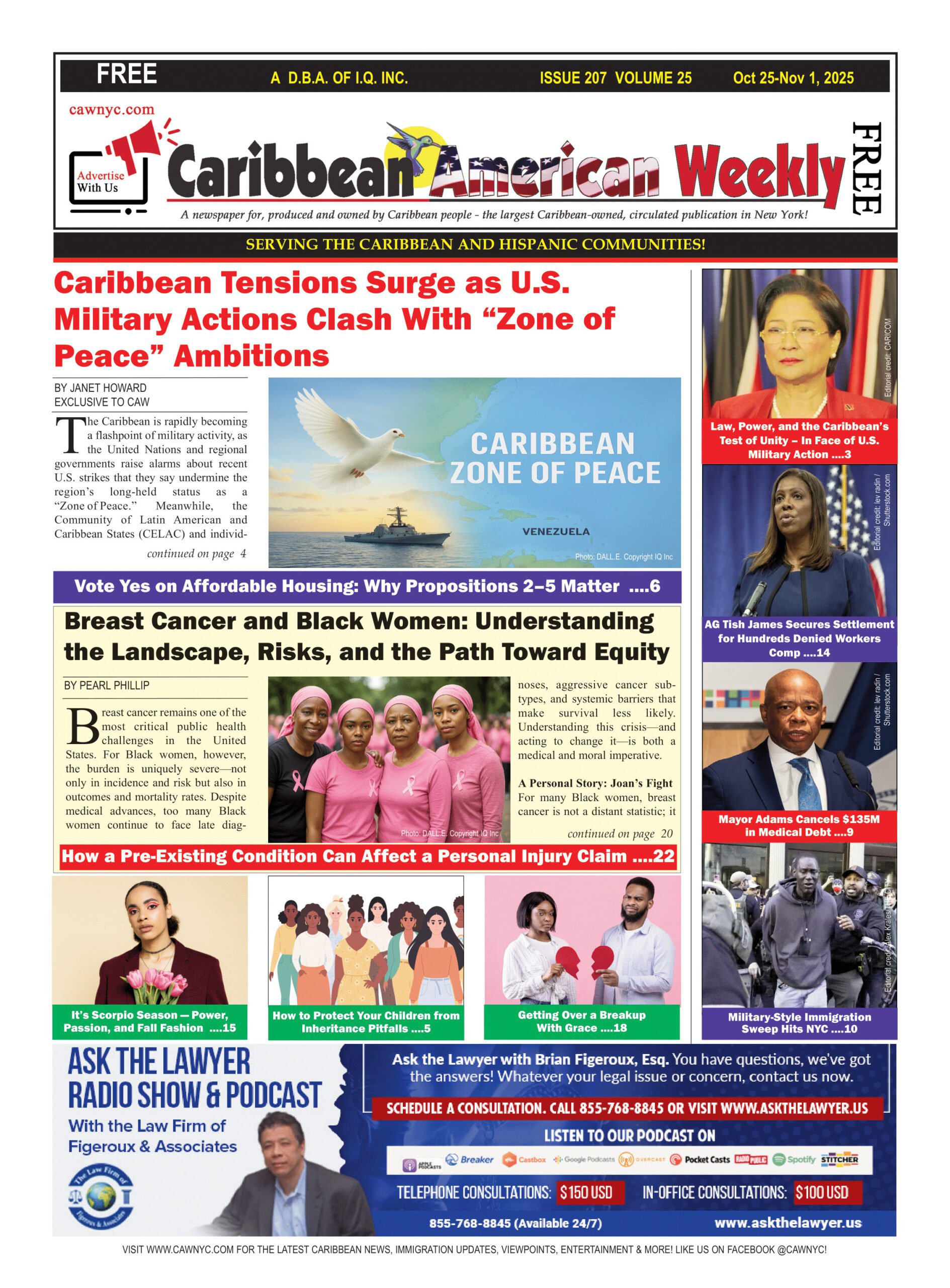Requiring the coordinators — which Hochul said shows “New York is combating antisemitism and all forms of discrimination head-on” — is in line with increasingly strict oversight for the 26 colleges in the City University of New York system, from federal and state lawmakers for what they say are acts of antisemitism on CUNY campuses.
Along with their peers at Columbia University, New York University, the New School and many others in the state, CUNY students have led pro-Palestinian protests since Israel began its assault on Gaza following the Oct.7 attack from Hamas.
CUNY leadership says the university has already invested millions into doing the work to combat hate crimes and antisemitism.
CUNY has invested more than $2 million to combat hate crimes and antisemitism, including mandatory Title VI training for its faculty and staff, Chancellor Felix Matos Rodriguez said in a statement included in Hochul’s announcement..
“Every college is required to have a Chief Diversity Officer on campus who is responsible for addressing allegations of discrimination, including Title VI complaints,” CUNY spokesperson Noah Gardy told THE CITY in a written statement. “CUNY will work with all the campuses to ensure that a Title VI coordinator is in place to comply with the law, which goes into effect next year.”
A CUNY spokesperson also told THE CITY that the university is also in the process of centralizing the discrimination and harassment policies and processes across its 26 colleges under the Center for Inclusivity and Equal Opportunity, a new CUNY department announced in June 2024 and formally launched in February 2025. The Center also oversees compliance managers who assist our campuses with pending investigations, including those specific to Title VI.
Last Thursday, students at City College, where CUNY instituted lockdowns in response to multiple pro-Palestinian protests last year, said that they welcomed a Title VI coordinator, provided they do not stifle free speech and treat all hate crimes equitably.
“I feel like if the law is applied correctly to any discrimination, not just antisemitism, then I think it’s useful,” one student told THE CITY, declining to provide their name for fear of any retribution and noting that last semester “everything was getting labeled as anti-Zionist or antisemitic.”
THE CITY reported in April about how public safety officers pepper sprayed students who briefly tried to set up a “Liberated Zone” at City College, and in May about how dozens of police officers in riot gear beat and tased students outside the gates at Brooklyn College.
Henry Burg, a member of Students for Justice in Palestine and the Jewish Law Students Association at CUNY School of Law, told THE CITY that “inherently, Title VI is not an attempt to chill speech.”
“However, if Title VI is used in conjunction with definitions of discrimination, such as the IHRA [International Holocaust Remembrance Alliance] definition of antisemitism, which conflates political criticism of Israel with antisemitism, then you see how Title VI can be a vehicle to repress political speech from students at public institutions,” he said.
Defining Antisemitism
In addition to House Republicans who grilled the CUNY chancellor during a hearing this summer on his response to the pro-Palestinian protests and allegations of antisemitism on its campuses, Hochul has also moved with a heavy hand on those accusations.
In an unprecedented intervention, Hochul directed CUNY leadership in February to remove a job posting seeking professors to teach two courses on Palestinian Studies at Hunter College, after criticism from several pro-Israel advocates.
When the search committee at the Upper East Side institution reposted the positions in March, part of its modifications included removing language calling for scholars concerned with “settler colonialism, genocide and apartheid.”
Several professors who’d been part of the hiring committees for the faculty roles fiercely criticized the governor’s intervention at the time as impeding on academic freedom.
An independent review ordered by the governor and authored by former Chief Judge of New York Jonathan Lippman found last September that “CUNY’s current policies and procedures for preventing and addressing antisemitism and discrimination need to be significantly overhauled and updated in order to handle the levels of antisemitism and discrimination that exist on CUNY’s campuses today.”
In that report, which Hochul commissioned following weeks of anti-Israel protests following the Oct. 7 attack, Lippman noted several complaints of alleged antisemitism at CUNY dating back to 2012, including “students and faculty disrupting two Zoom sessions of a required Hunter College course in 2021 by commandeering the scheduled course discussion to use the class time to call for the decolonization of Palestine.”
That complaint was one of nine filed with the U.S. Department of Education Office of Civil Rights, which CUNY sought to address by entering a voluntary agreement last year. As part of that deal, the university agreed to conduct a system-wide survey at all 25 campuses “to evaluate the climate at each college,” and that it would use the results “to design additional programmatic, educational and training activities throughout the year.”
Another example cited by Lippman was the May 2023 CUNY School of Law graduation ceremony, at which student-elected speaker Fatima Mousa Mohammed criticized Israel’s “project of settler colonialism expelling Palestinians from their homes.”
That speech, in which Mohammed also blasted CUNY enabling a “fascist” NYPD, drew criticism from Mayor Eric Adams and other elected officials. After the law school then banned student speakers, pro-Palestinian advocates walked out of the 2024 and 2025 ceremonies in protest.
“That decision itself has been criticized by many, highlighting just how complicated it is to navigate these issues,” wrote Lippman about the institution’s ban and the speech.
In a June 2022 proclamation, Hochul called the IHRA’s working definition of antisemitism (“a certain perception of Jews, which may be expressed as hatred toward Jews. Rhetorical and physical manifestations of antisemitism are directed toward Jewish or non-Jewish individuals and/or their property, toward Jewish community institutions and religious facilities”) “a vital resource” and “valuable tool … in the struggle against antisemitism.”
While that definition from IRHA — which notes that “criticism of Israel similar to that leveled against any other country cannot be regarded as antisemitic — is cited repeatedly in Lippman’s report last year, the governor’s office did not respond to a question asking what definitions of hate crimes or antisemitism the Title VI coordinators will use.
But Christopher Stone, a Hunter professor who teaches Arabic language, literature and culture and who was part of the search committee for one of the two positions teaching Palestinian Studies, said he feared that definition could be “weaponized” to “repress pro-Palestinian activism on campuses across the state.”
“On the surface it is a positive thing. Who could be against fighting discrimination?” Stone told THE CITY. But, in practice, he said, “We are moving in the direction of criminalizing the protest of genocide.”













